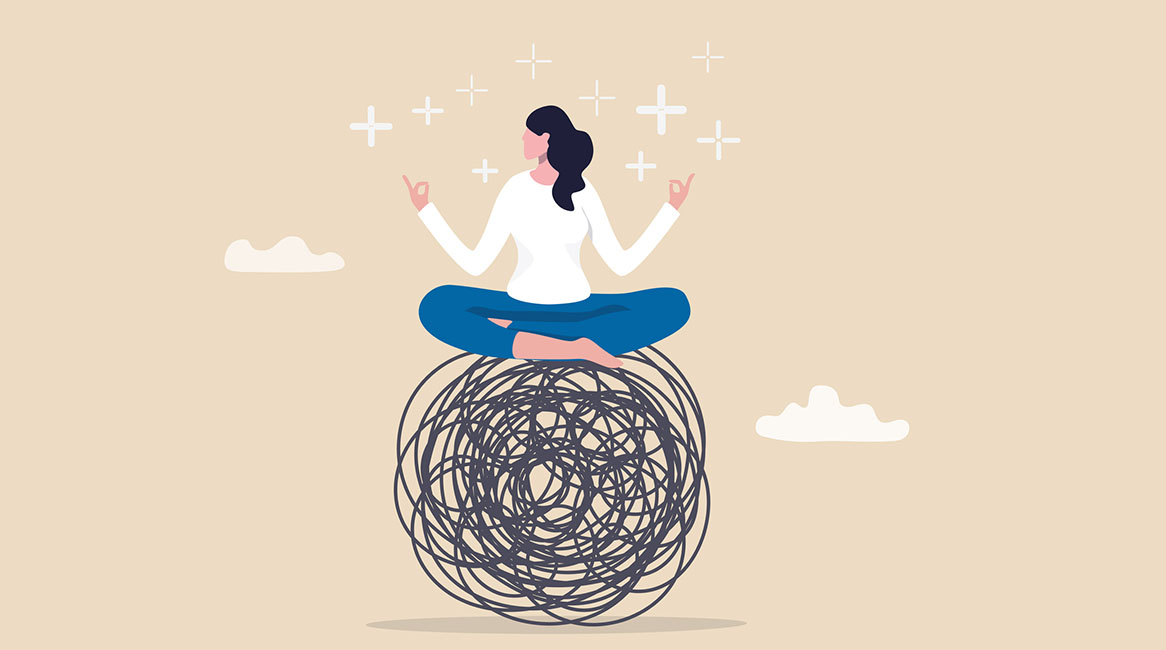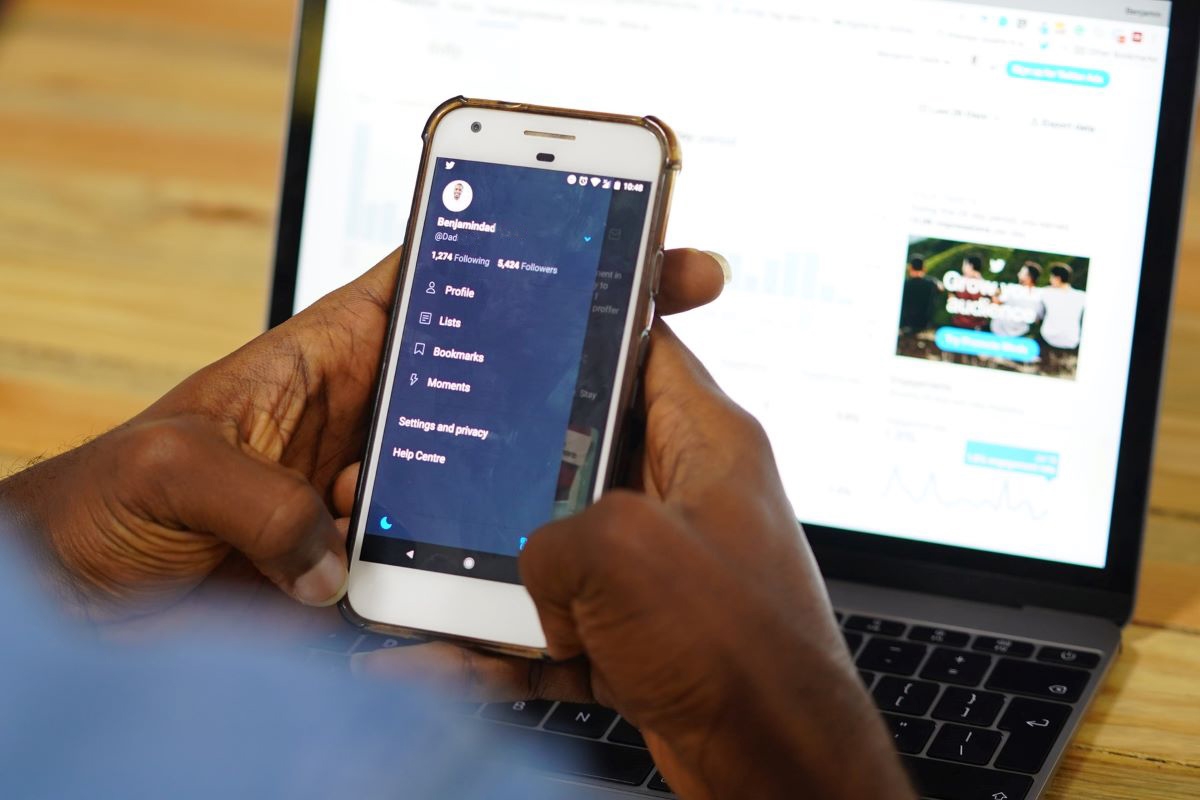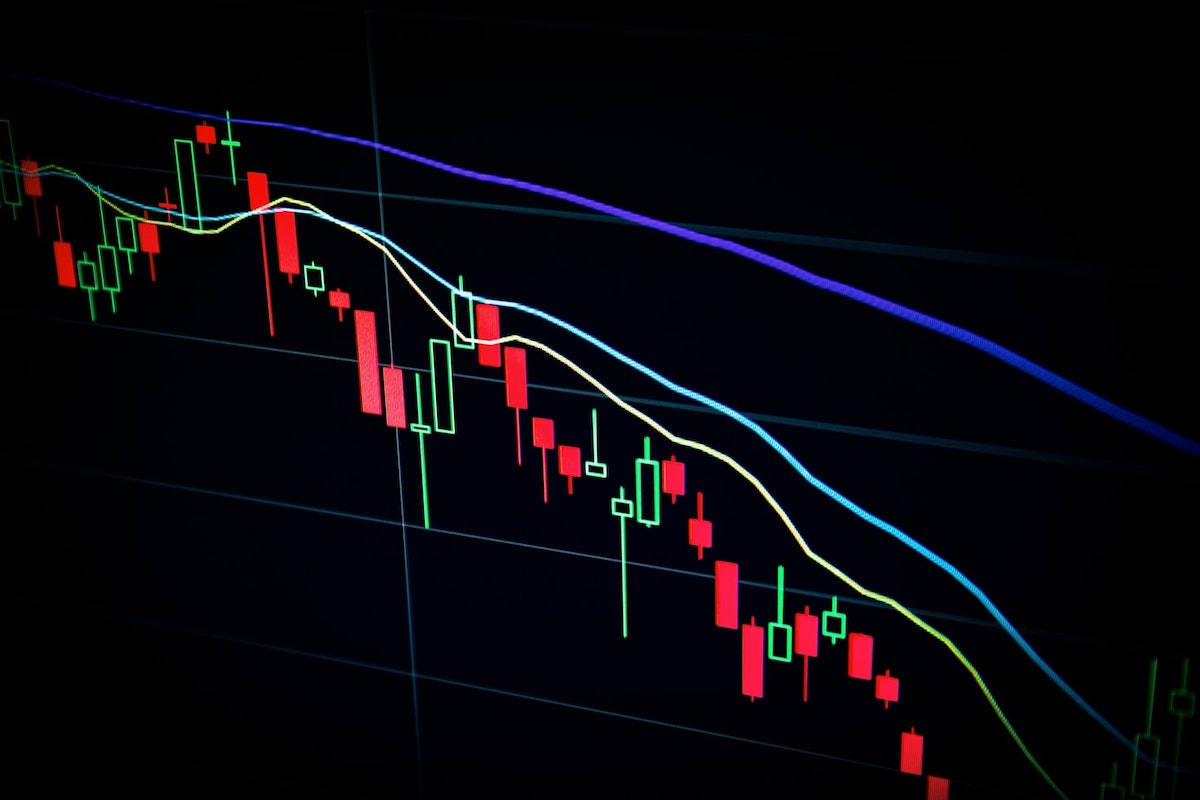
From Overdrive to Reset: A Real Guide to Dopamine Detoxing After Online Gambling
Online gambling doesn’t just eat your time—it rewires your brain. After hours of spins, near misses, and flashing lights, your system runs on overdrive. You feel scattered, impatient, maybe even numb. This isn’t burnout. It’s dopamine exhaustion. Your brain’s reward system got flooded—and now, everyday life feels like static. Resetting that system isn’t about quitting gambling forever. It’s about giving your brain time to come down, breathe, and rebalance. This is a grounded, real-world guide to dopamine detoxing after heavy online gambling—no trends, no gimmicks. Just what works when your mind won’t shut off.
First, Understand What Overstimulation Actually Does to You
Every spin, every bet, every sudden win or near-miss delivers a hit of dopamine—a chemical that fuels desire, focus, and motivation. But when the hits come too fast, your brain stops responding normally. You feel wired and numb at the same time. That’s dopamine fatigue.
Gambling Hijacks the Anticipation Loop
• Dopamine isn’t about pleasure—it’s about wanting
• The game keeps teasing “almost wins” to fuel that craving
• This constant state of anticipation leaves you agitated and unfocused
Your Baseline for Excitement Gets Distorted
• After long gambling sessions, ordinary tasks feel unbearably dull
• You can’t focus on work, conversations, or even movies
• This is your brain telling you it’s exhausted
Your Brain Stops Rewarding You for Small Wins
• Normally, things like eating well, solving problems, or relaxing bring satisfaction
• But overstimulation flattens your sensitivity to those signals
• You’re not lazy—you’re chemically unresponsive
Cut the Noise—And Let the Withdrawal Run Its Course
Your first instinct might be to find another distraction: scrolling, gaming, food, or binge-watching. But that only delays the reset. You need silence, stillness, and boredom. Yes—boredom. That’s how your brain starts to recover.
Do Nothing Distracting for at Least 20–30 Minutes
• No screen, no sound, no scrolling
• Sit with your thoughts—even if they feel messy or uncomfortable
• This is the “unwind” stage, and it’s necessary
Expect to Feel Worse Before You Feel Better
• Restlessness, irritability, even anxiety are normal in early detox
• Don’t panic—it’s not permanent
• The discomfort is your system recalibrating
Avoid All Dopamine-Heavy Inputs for 24–48 Hours
• No social media, no high-speed content, no energy drinks
• Replace with low-dopamine inputs like walking, reading, or writing
• Simple, slow activities are your repair kit
Support the Reset With Real Fuel—Not Fake Highs
Your nervous system can’t rebuild itself on junk. It needs rest, nutrients, and basic rhythms. Dopamine recovery isn’t about “doing nothing”—it’s about doing the right things slowly. Think of it like healing a sprain—you don’t stress it. You support it.
Sleep Deep and Consistently
• Aim for at least 8 hours in a dark, tech-free room
• No late-night screen glow or gambling replays in your head
• Sleep is when your dopamine system resets and clears inflammation
Eat Slow-Burning, Whole Foods
• Processed sugar and junk food spike dopamine the wrong way
• Stick to proteins, fats, greens, and complex carbs
• Hydrate—dehydration worsens dopamine imbalance
Move Without Stimulation
• Walk outside with no podcast or music
• Let your body take in space, sunlight, and fresh air
• Slow, steady movement resets brain chemistry naturally
Give Yourself Something to Rebuild Toward—Not Just Escape From
Detoxing is hard when it feels like deprivation. You’re more likely to relapse if you’re just sitting around trying not to gamble. What you need is direction. Something calm, slow, and meaningful to move toward.
Pick a Low-Stimulation Project That Rewards Patience
• Gardening, puzzles, journaling, light exercise routines
• Things that reward consistency, not instant results
• These restore your baseline desire for effort and progress
Replace the Gambling Ritual With a Recovery Ritual
• If you used to play at night, replace that time with a routine: tea, stretch, walk, read
• The brain craves rhythm—don’t leave a hole where the habit used to be
• Consistent, calming activities reduce relapse risk
Track How You Feel—Not Just What You Avoid
• Keep a daily note: mood, energy, urges, clarity
• This builds awareness and makes the detox feel measurable
• Seeing progress—even small—creates motivation to continue
Conclusion: You’re Not Broken—You’re Resetting
Heavy online gambling doesn’t just tax your wallet—it overwhelms your reward system. When you feel burnt out, it’s not weakness—it’s biology. Your brain got overloaded. And now it’s asking for rest. Real rest. Not scrolling. Not distractions. Stillness, structure, and space. Give it time. Give it fuel. Let the systems cool down. And when the noise fades and clarity returns, you’ll feel something stronger than a rush: balance. That’s when you know the reset worked. And you’re ready to play life—not just chase the next hit. Finally, if you want to change something new, then enjoy payouts at Jackpot City!
Photo: iStock









